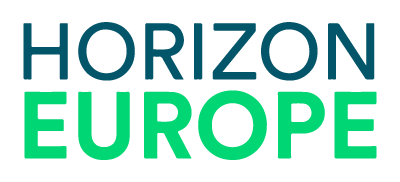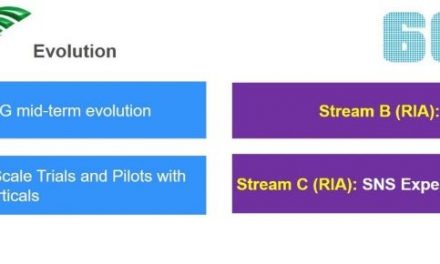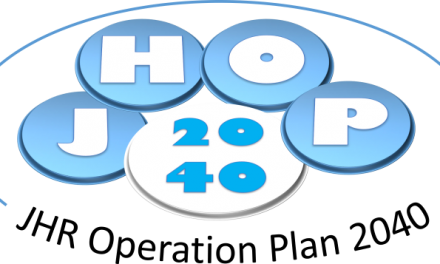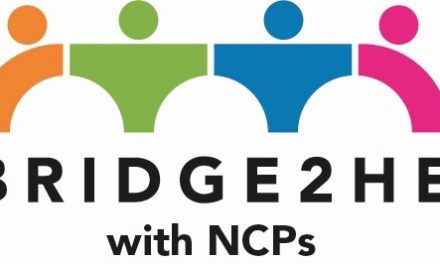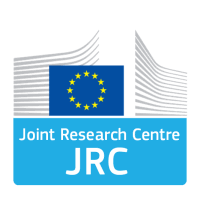As the world seeks to tackle global warming, the search for a cleaner way to fly is in full flight, with one EU-funded project seeking to transform air travel by developing innovative hybrid-electric aircraft technology for regional aircraft.
In Europe, the European Union and the European aviation industry are working together through the Clean Aviation Joint Undertaking, a public-private partnership supported by the European Commission’s research and innovation programme Horizon Europe, aiming to transform aviation towards a more sustainable future and achieve climate-neutral air mobility by 2050.
In order to meet such reduction targets, at a time of increased demand, the programme aims to develop and integrate disruptive technological innovations into new aircraft concepts by 2030.
Clean Aviation is focusing on three areas in its research programme:
- hybrid-electric regional aircraft
- ultra-efficient short and short-medium range aircraft
- disruptive technologies to enable hydrogen-powered aircraft.
Critical technologies for electrical distribution
The HECATE project, which stands for Hybrid-ElectriC regional Aircraft distribution TEchnologies, is focused on the first of these areas: the development of hybrid-electric regional aircraft.
Regional flights are those which are up to 1,000 kilometres and currently account for approximately 36% of total flown hours globally therefore the introduction of hybrid-electric aircraft could significantly contribute to reaching the EU’s climate targets.
HECATE’s consortium of 37 partners includes the key aviation players in Europe. The project’s steering committee is led by Collins Aerospace, while Safran is serving as technical coordinator. Together they are developing critical technologies for high-power, high-voltage and certifiable electrical distribution architectures that can enable hybrid-electric propulsion for these regional aircraft.
HECATE has already identified several challenges and objectives for the three-year project, which began in January 2023, explains HECATE coordinator, Ignacio Castro of Collins Aerospace in Cork, Ireland, Applied Research & Technology team.
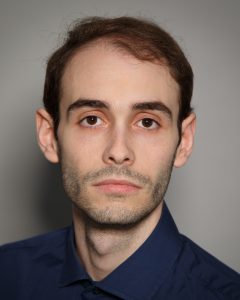
Ignacio Castro, HECATE coordinator, Collins Aerospace Applied Research & Technology Team
“Electrical components are required to be lighter and more compact for the primary distribution,” he says. “Also, higher voltage and higher power distribution components must satisfy safety and functional requirements while optimising power density, efficient control and power management.”
Deeper understanding of technology potential
One year into the project, the main ongoing learning has been about “the technologies themselves, their potential and limitations, their maturation and their integration into a copper-bird demonstrator,” Castro explains.
“The consortium is also gathering communication and dissemination experience by publishing news releases, generating scientific publications, participating in workshops and engaging with universities.”
There can be challenges when it comes to coordinating such a large consortium towards a common impact and objective, he says. “It’s key that each partner collaborates and delivers with quality and on time, while developing key technologies that can be later commercially matured and exploited.”
Achieving ambitious emissions reduction
Collins Aerospace in Cork features capabilities in applied research and technology and is part of a global technology and open innovation resource team spanning Europe, US and Asia. It has already been actively involved in Horizon Europe projects (and in projects funded by the preceding programme Horizon 2020), including electrification programmes.
HECATE will have significant impact, Castro predicts. “It will contribute to the key technologies and architectures to achieve ambitious fuel burn and emissions reduction for regional aircraft.”
The HECATE project “can impact other aerospace domains such as urban air mobility (UAM), short-and-medium range (SMR),” he says, in turn contributing to the objectives of zero emissions by 2050.
Due to its long history of involvement with Horizon Europe projects, Collins Aerospace has an in-depth understanding of the challenges involved in applying for this funding as well as the related benefits.
“As an organisation, we understand it very well. We have dedicated resources to deal with it. We educate our own technology people to understand the framework,” says Menouer Boubekeur, head of Global Business Development for Collins Aerospace, Applied Research and Technology.
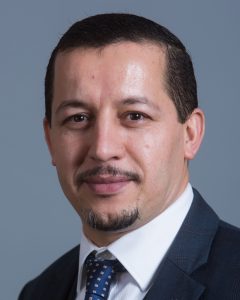
Menouer Boubekeur, head of Global Business Development for Collins Aerospace, Applied Research and Technology
Building a collaborative story
The company has adopted the principle of innovation through collaboration, he says, adding that Horizon Europe enables that.
“Horizon Europe helps us to engage with universities, with small and medium companies, and with collaborators in industry, be it our customers or suppliers. Together we can build a collaborative story that can deliver impact and hopefully help us in developing our next gen product.”
In terms of accessing Horizon Europe funding, he says it has been incredibly useful to engage with the National Support Network team led by Enterprise Ireland.
“They are an excellent resource for early information sharing, giving you a sense of the context, of who is who, and what is going on.”
He advises those considering applying for European funding to take into account that it is very competitive and that “you have to learn to lose sometimes.”
And when it comes to writing the proposal, he says not to focus on the funding but on how that funding can help you achieve your goals.
“One of the main challenges is to write a proposal with a clear ‘wow’ story that explains: ‘I’m doing this, because of that’. And that works better when you know that story, and you’re motivated by it.”
For information or advice about accessing Horizon Europe support, please contact HorizonSupport@enterprise-ireland.com or visit HorizonEurope.ie.
